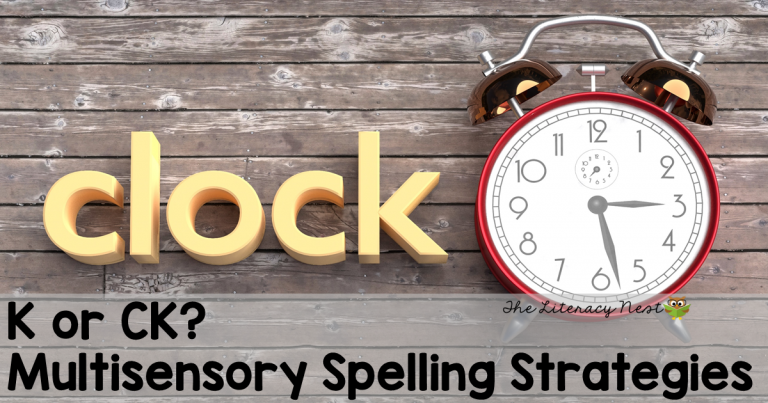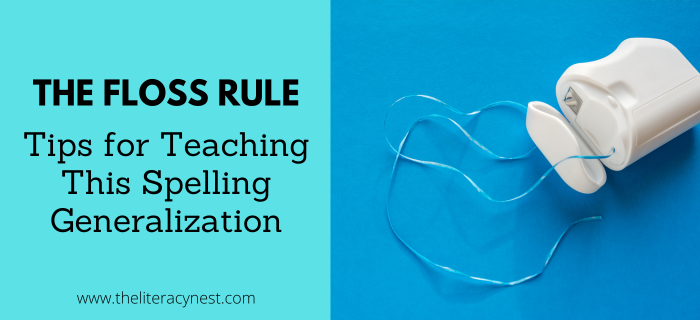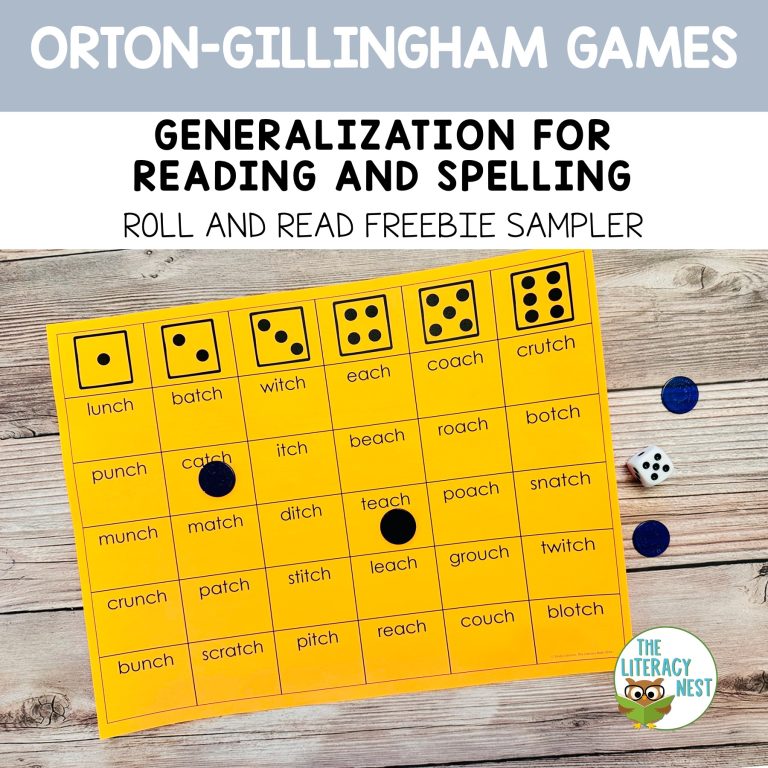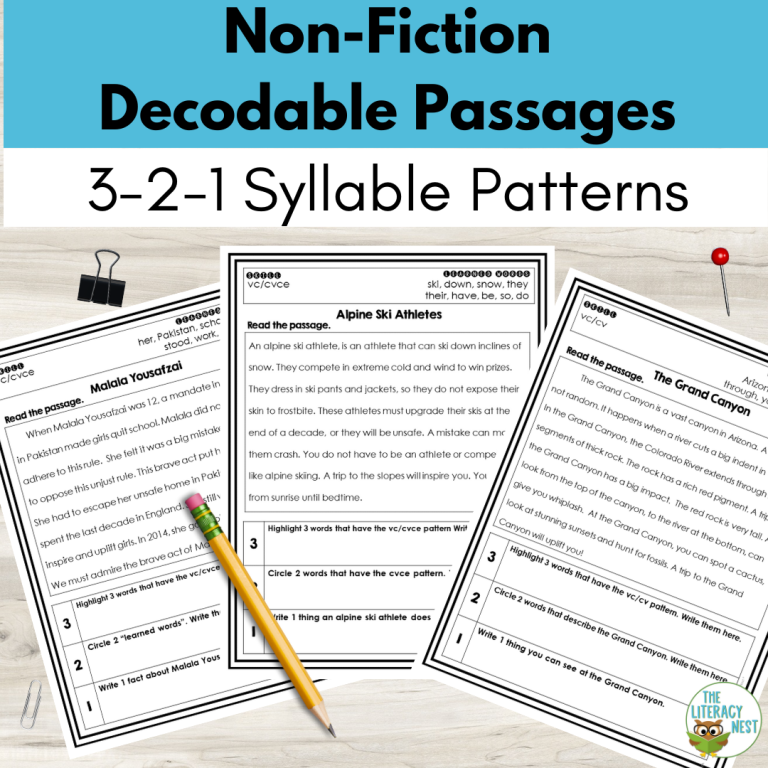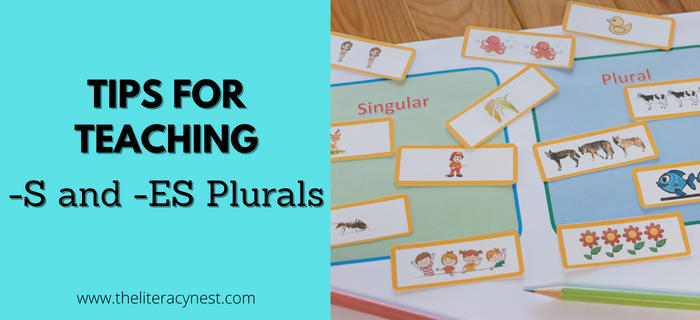Is it CH or TCH? How to Teach This Spelling Generalization
Is it CH or TCH? It isn’t about hearing the /t/. The third of the short vowel spelling generalizations has to do with whether to use -ch or -tch at the end of a word. This generalization states that when you hear the /ch/ sound at the end of a syllable AND it is immediately preceded…


